31 Mar 2022
Column - Appreciation to Hills CFS volunteers | Adelaide Hills Herald
As we approach the end of the fire danger season for another year, I extend my appreciation to Hills CFS volunteers who have watched over us and protected our community. They have selflessly dedicated their time to keep us safe. I also thank their families for giving them up to train and fight fires.
I am very thankful that this year we did not have to endure the widespread devastation or loss encountered during the 2019-20 Black Summer Bushfires.
Having written in this column in previous editions about the continued effects of these fires on Hills communities and the need for recovery work to be ongoing; I now wish to make a few comments on environmental issues.
Not only did these fires devastate homes and livelihoods, but they also had devastating impacts on our native flora and fauna. Our planet is beautiful and unique and we must do all that we can to ensure it flourishes despite the impact of our own species.
As we continue with the recovery tasks, it is imperative that we consider the future health of our environment and the best ways to protect it. Climate change will undoubtedly pose more and more challenges into the future and the risks associated with natural disasters will correspondingly increase.
For these reasons, we must do all that we can to promote and preserve local biodiversity and work to reduce our carbon footprint.
With these reflections front of mind, I have been particularly buoyed by recent Federal Government funding for important climate-focussed initiatives in the Hills.
In February, as part of the Healthy Rivers Grants program, more than $130,000 was provided for two projects, the first to improve creek tributaries at St Ives and the second to support the Goolwa to Wellington Local Action Planning Association (GWLAP) to treat 68ha of weeds and protect 12ha of riverbank from erosion in the Mount Lofty Ranges.
In recent weeks, I was delighted to announce an additional $450,000 on behalf of the Federal Government which has been provided to GWLAP to carry out further native habitat restoration on the shores of the Lower Lakes, to protect threatened native bird species.
I recently spoke with renowned South Australian environmentalist and Hills resident Dr John Wamsley OAM about the human impacts on local biodiversity and I am ever-conscious of our impact on the environment.
We must all continue to find ways to reduce our impact on our environment and I am personally committed to advocacy for government funding for projects that will help preserve and GROW the Adelaide Hills’ unique natural environment and biosphere.
As always, if I can be of any assistance to you, please do not hesitate to contact my office.

